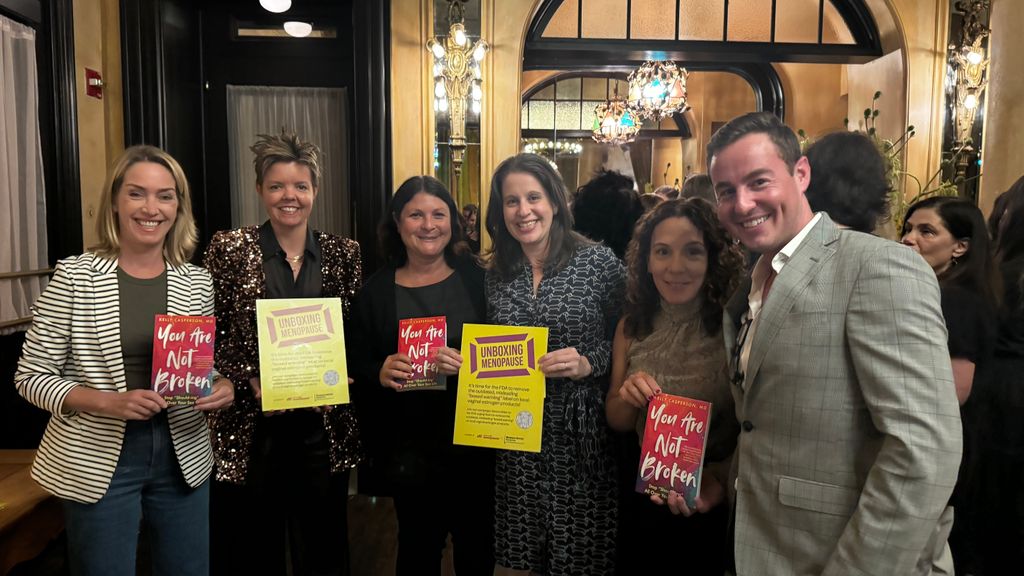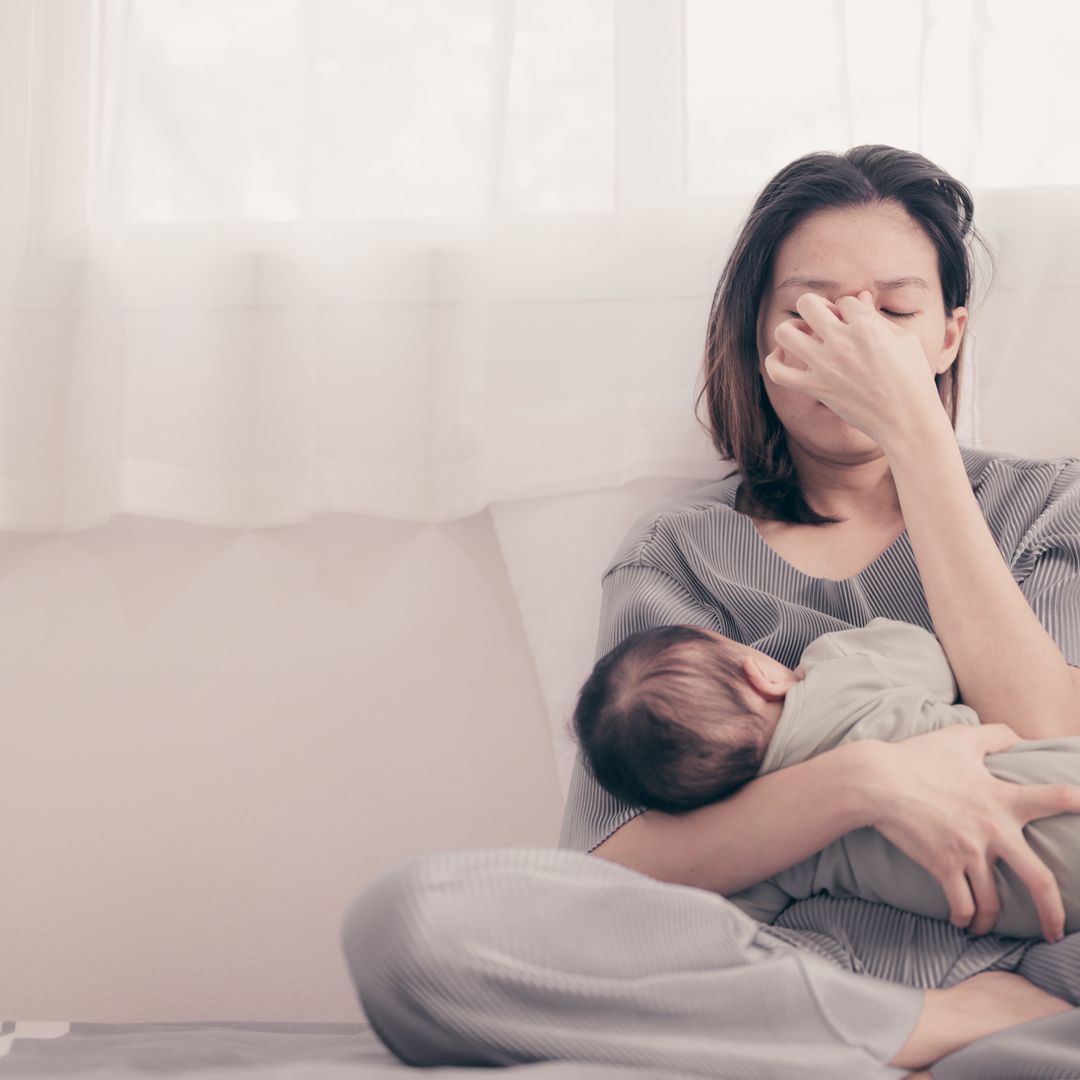The black box warning labels on local estrogen products are costing menopausal women their wellbeing, and their money, and HELLO’s not-for-profit partner, Let’s Talk Menopause is on a mission to remove them.
Along with the Menopause Advocacy Working Group, Let’s Talk Menopause is calling for the removal of the outdated FDA-mandated boxed warning from local vaginal estrogen products used to treat Genitourinary Syndrome of Menopause (GSM).
GSM is a condition that affects up to 84% of menopausal women, manifesting in symptoms such as vaginal dryness, urinary urgency, and recurrent urinary tract infections, aka UTIs. Despite the proven effectiveness of local vaginal estrogen in treating GSM, an outdated boxed warning prevents many women from accessing this essential treatment.
“Genitourinary Syndrome of Menopause isn’t just a minor inconvenience—it’s a chronic and progressive condition that worsens over time if left untreated,” explains Dr. Sharon Malone, an OBGYN and NYT-bestselling author. “Women deserve to know that there are safe, effective treatments like local vaginal estrogen available to help them regain their comfort and quality of life."
Outdated Warnings = Real Consequences
The boxed warning, previously known as the Black Box Warning, is the FDA's most stringent alert level. It was derived from the Women’s Health Initiative study, which primarily investigated the risks associated with systemic Menopause Hormone Therapy. However, the study’s findings were inaccurately applied to local vaginal estrogen, which is minimally absorbed into the bloodstream and does not carry the same risks as systemic hormones.
"The WHI study changed the conversation about hormones, but applying its findings to vaginal estrogen is outdated,” explains Dr. Kelly Casperson, urologist, author, podcast host and Let's Talk Menopause Advisory Board member. “We need to update our thinking—and our warnings—to reflect today's science."
The Real Cost of the Boxed Warning
The boxed warning on local vaginal estrogen has caused unnecessary fear and confusion for millions of women suffering from GSM. This barrier to treatment has led to higher healthcare costs, multiple doctor visits, and prolonged discomfort.
"The boxed warning poses a massive economic burden on women — and on society,” said Jen Weiss-Wolf, Let’s Talk Menopause Board Member, author, and Executive Director at Birnbaum Women’s Leadership Center. "Untreated GSM leads to higher healthcare costs, lost productivity, and unnecessary suffering."
Advocating for Change
Let’s Talk Menopause and the Menopause Advocacy Working Group are calling on women and healthcare providers to join their campaign to demand the FDA remove the boxed warning from local vaginal estrogen products.
"Vaginal estrogen is the gold standard treatment for GSM,” Dr. Robin Noble, an OBGYN and Let’s Talk Menopause’s Chief Medical Advisor tells HELLO! “It targets the problem at the source, helping women regain their comfort, their sexual function, and their quality of life with minimal risk."
"Fear shouldn’t dictate our health choices,” explains Tamsen Fadal, author, journalist, filmmaker, and Let’s Talk Menopause board member. “The black box warning is costing us our well-being and our money."
Join the Campaign
Let’s Talk Menopause and the Menopause Advocacy Working Group urge women and healthcare providers to advocate for removing the outdated boxed warning, making local vaginal estrogen more accessible. For more information on how to get involved or to learn more about GSM and local vaginal estrogen, visit the Unboxing Menopause campaign website and sign the consumer advocacy letter to the FDA.












